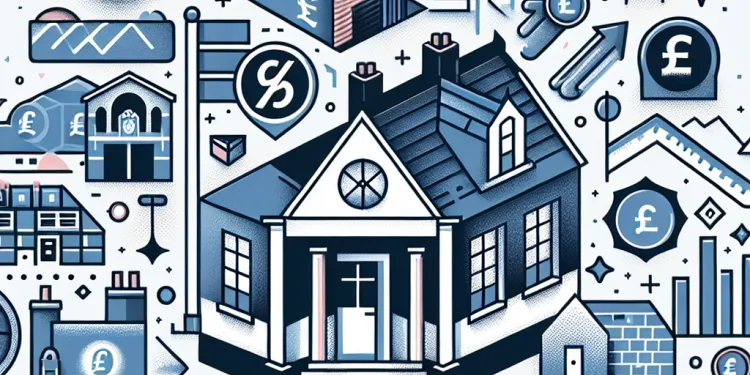
Find Help
More Items From Ergsy search
-
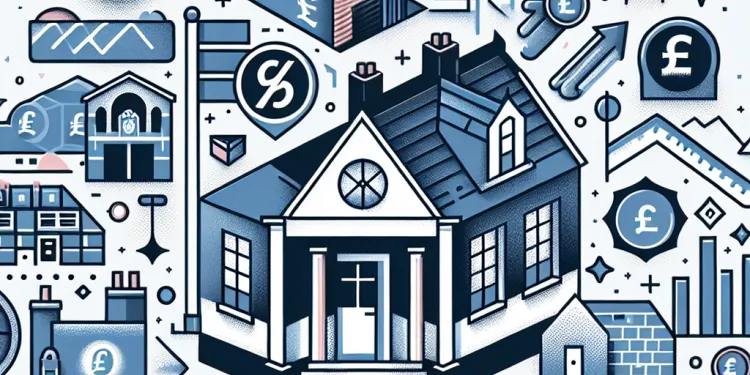
Can my lender change my interest rate without notification?
Relevance: 100%
-

How do interest rate changes affect my mortgage payments?
Relevance: 55%
-
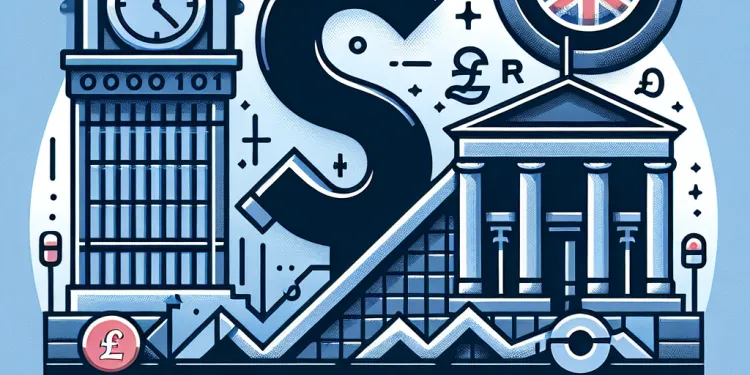
What is an SVR and how does it relate to interest rate changes?
Relevance: 52%
-

How does interest rate affect my car finance agreement?
Relevance: 50%
-

What happens to my monthly payments if interest rates rise?
Relevance: 49%
-

Will my fixed-rate mortgage payments change with interest rate fluctuations?
Relevance: 49%
-
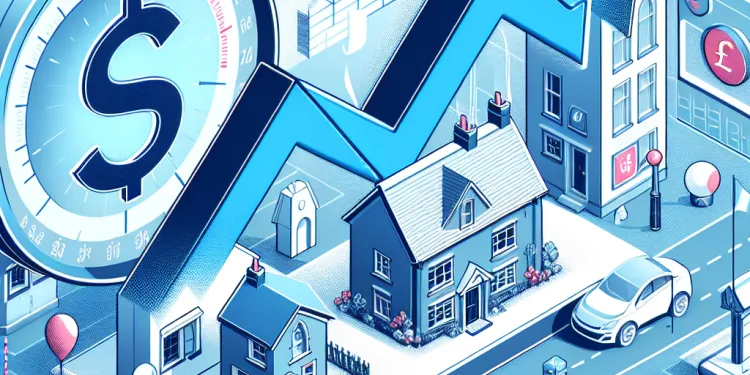
What is a tracker mortgage and how does it respond to interest rate changes?
Relevance: 48%
-
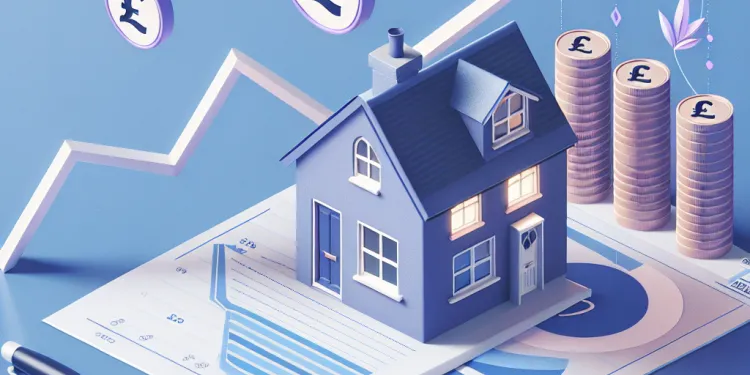
What should I do if I can't afford my mortgage payments due to rising interest rates?
Relevance: 48%
-

Can interest rates on student loans be reduced?
Relevance: 47%
-
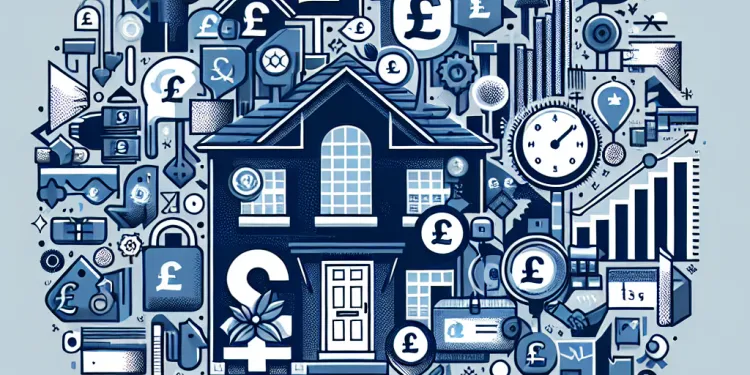
Are first-time buyers affected differently by interest rate changes?
Relevance: 47%
-

Major Banks Announce Changes in Interest Rates: Are You Affected?
Relevance: 46%
-
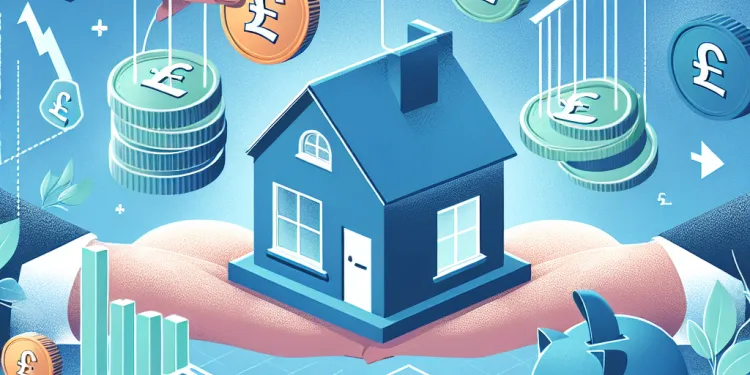
Is it possible to switch my mortgage type if interest rates become unfavourable?
Relevance: 46%
-
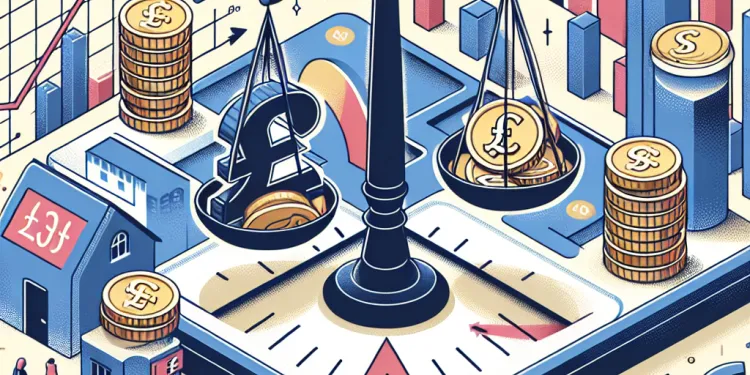
How do economic conditions influence interest rate changes?
Relevance: 44%
-

Why do interest rates rise and fall?
Relevance: 44%
-

How do better interest rates help me save money?
Relevance: 40%
-

How do better interest rates help me save money?
Relevance: 40%
-
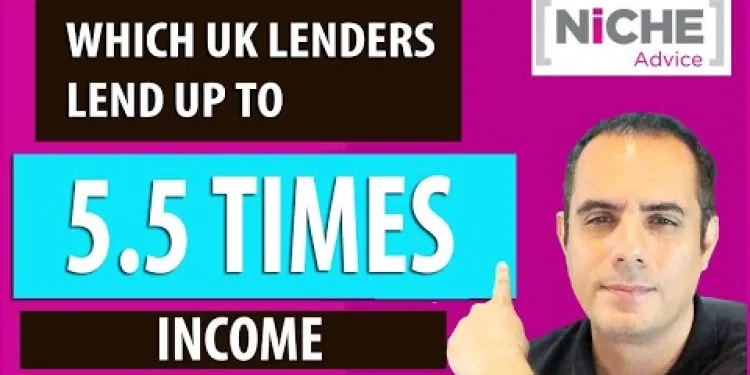
Highest Income Multiple Mortgage Lenders Revealed - Good and Bad Points
Relevance: 39%
-

What is an 'interest only' mortgage?
Relevance: 39%
-

How can I protect myself from rising interest rates?
Relevance: 38%
-
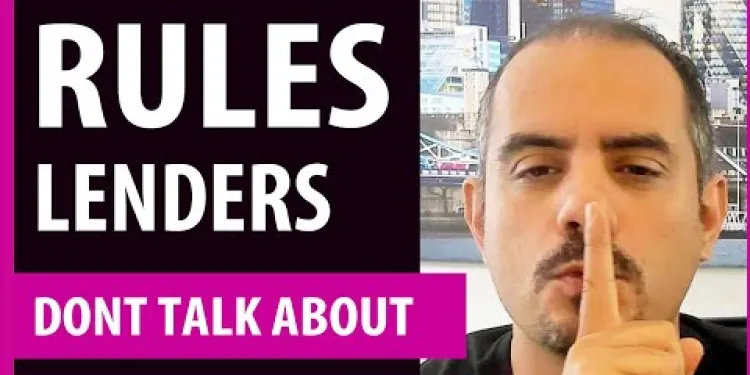
UK Mortgage Rules Lenders Don't Talk About - Debt To Income Ratio
Relevance: 37%
-
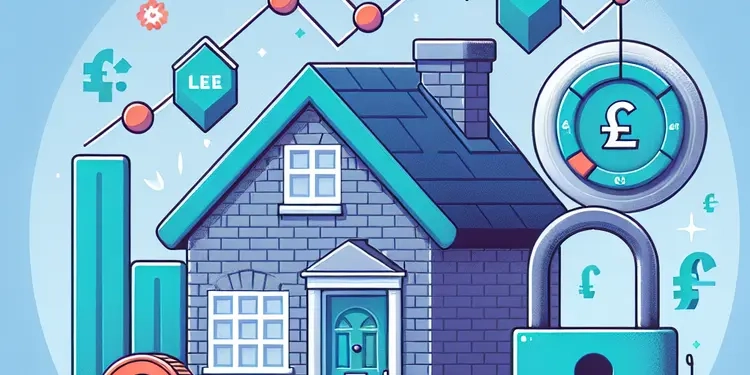
What does it mean to "Fix My Mortgage Rate"?
Relevance: 37%
-

Are there any automated notifications for overpayments?
Relevance: 36%
-

5 Broker Exclusive Buy to Let Mortgage Lenders you need to know about as a Landlord
Relevance: 35%
-

Will I get a notification once my payment is made?
Relevance: 35%
-
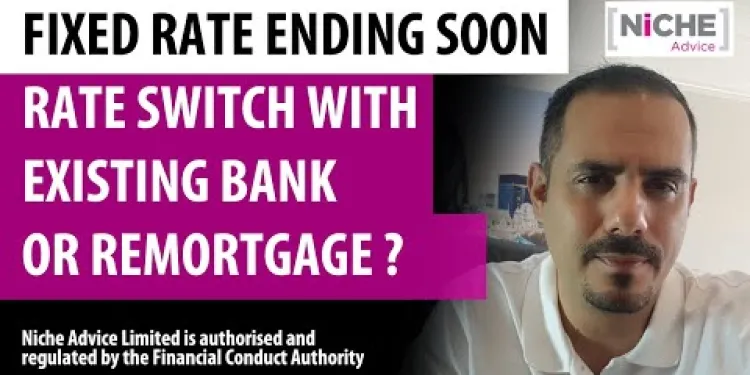
Product Transfer Rate Switch vs Remortgage What's Best
Relevance: 33%
-
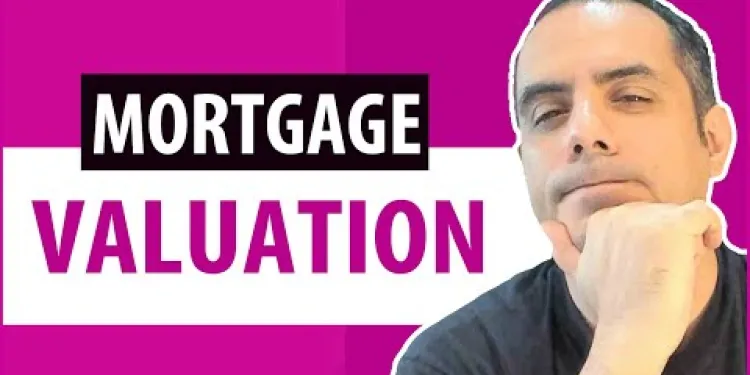
Can Mortgage lenders work from my own Survey Valuation Report?
Relevance: 33%
-

What kind of notifications do Ring Doorbell Cameras provide?
Relevance: 32%
-
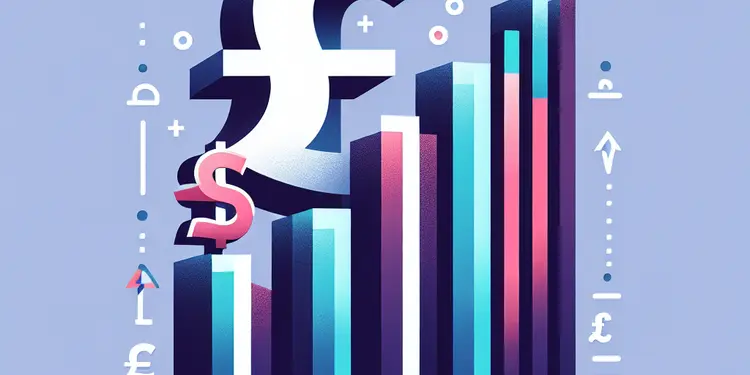
Will interest accrue during deferment?
Relevance: 30%
-
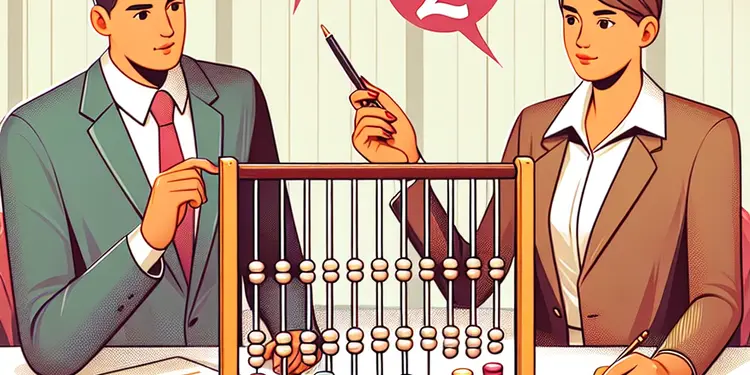
Is there any interest charged on a Time to Pay arrangement?
Relevance: 29%
-

First Time Buyer Buy to Let Finance Options. Lending Criteria on Mortgage and Bridging Finance
Relevance: 26%
-

How often do interest rates change?
Relevance: 26%
-

How much can I borrow for a mortgage UK - getting the Maximum Mortgage
Relevance: 26%
-

HMO Mortgage Truths - how to get the best Finance option including Bridging Loan Criteria
Relevance: 25%
-
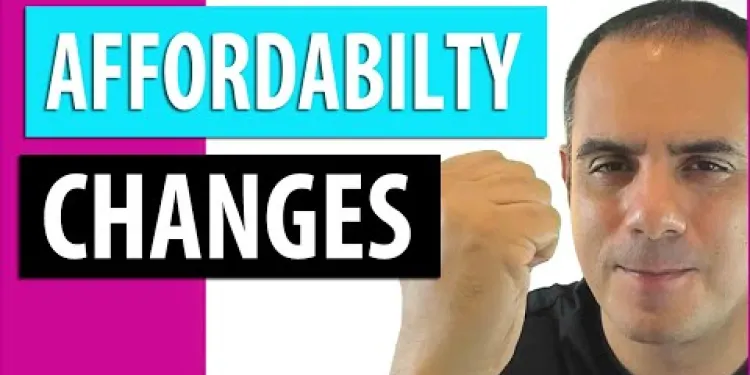
Mortgage Regulator removes the need for further affordability stress tests
Relevance: 25%
-
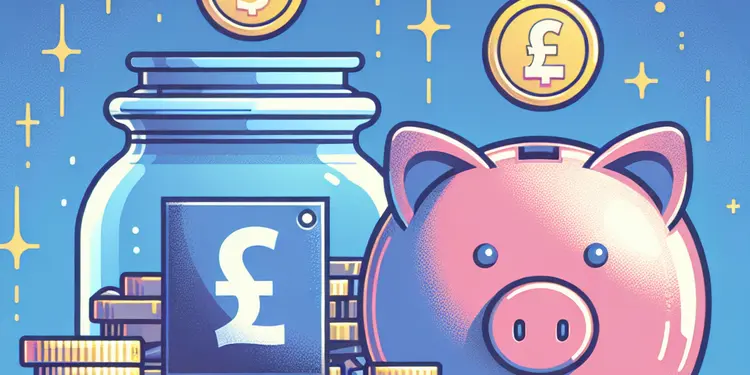
How does loan consolidation help with repayment?
Relevance: 24%
-

Are there different rates of Stamp Duty in the UK?
Relevance: 24%
-
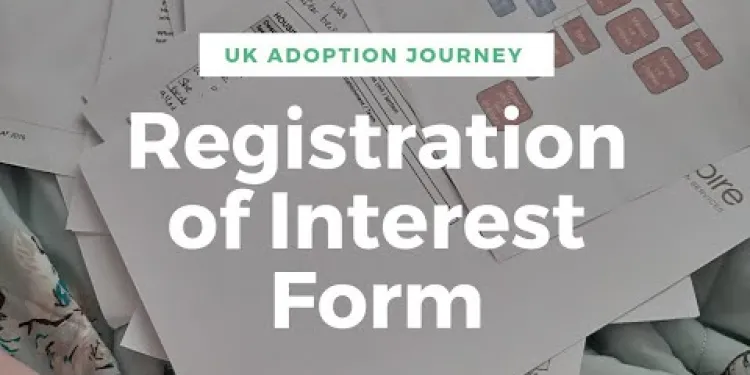
Registration of Interest Form | UK Adoption Journey
Relevance: 23%
-

The Ultimate Buy-To-Let Mortgage Breakdown
Relevance: 23%
-

Remortgage within 6 Months on the open market value Residential or Buy to Let Properties
Relevance: 23%
-
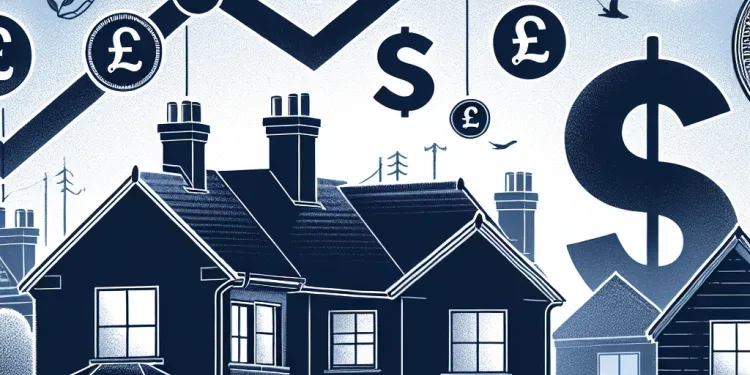
How do interest rate changes affect my mortgage balance?
Relevance: 23%
Understanding Interest Rates
When you borrow money through a loan or a mortgage, the lender typically charges an interest rate on the amount borrowed. This rate can either be fixed, where it stays the same throughout the term of the loan, or variable, where it can change according to the terms set out in your agreement.
Variable vs. Fixed Interest Rates
Fixed interest rates provide stability as your repayments remain consistent over time. However, variable rates can fluctuate based on market conditions and other economic factors. In the UK, many mortgages are offered on a variable rate basis, often linked to the Bank of England's base rate or a lender’s standard variable rate (SVR).
Lender's Right to Change Interest Rates
In the UK, lenders have the right to change variable interest rates, which is generally stipulated in the loan agreement or terms and conditions of your mortgage. Fixed rates, on the other hand, should remain unchanged for the period agreed unless you make alterations to your mortgage or agreement.
Notification Requirements
Lenders are required to notify their customers of interest rate changes, particularly for variable rate products. This requirement aims to ensure borrowers have the opportunity to understand how changes affect their repayment amounts. The Financial Conduct Authority (FCA) oversees these regulations and mandates transparency and communication between lenders and borrowers.
Loan Agreements and Terms
Your loan agreement should contain detailed information about how and when a lender can change your interest rate. It is crucial to read these terms carefully when entering into a borrowing arrangement. If you are in doubt, it may be beneficial to seek independent financial advice.
Notification Process
Lenders typically inform borrowers of interest rate changes through personal communication methods such as letters, emails, or online account notifications. The notice period can vary, but it often occurs in a timeframe allowing sufficient adjustment time before the new rate applies.
Protection for Borrowers
If a lender fails to notify you of an interest rate change, there may be grounds to challenge any unauthorized changes. The FCA provides protections and guidelines to ensure lenders treat customers fairly and communicate effectively.
Steps to Take If Changes Occur
If you notice an unexpected change in your interest rate, promptly contact your lender for clarification. Keep a record of your loan’s terms and all communications. If unsatisfied with the response, you can escalate the issue by contacting the Financial Ombudsman Service for further assistance.
What Are Interest Rates?
When you borrow money, like a loan or a mortgage, you pay extra money called interest. This can be the same all the time (fixed) or change (variable) based on your agreement with the lender.
Fixed vs. Variable Rates
Fixed rates mean the amount you pay stays the same. Variable rates can go up or down depending on the market. In the UK, many loans use variable rates, which can be tied to the Bank of England's base rate.
Can Lenders Change Rates?
In the UK, lenders can change variable interest rates. This is usually in your agreement. Fixed rates should not change unless you change your mortgage.
Will I Be Told About Rate Changes?
Lenders must tell you if your interest rate changes, especially if it's a variable rate. This is so you know how it affects your payments. The Financial Conduct Authority (FCA) makes sure lenders follow these rules.
What Is in My Loan Agreement?
Your loan papers should say how and when interest rates can change. It's important to read these carefully. If you're unsure, you can ask for help from a financial advisor.
How Will I Know About Changes?
Lenders usually let you know about rate changes with letters, emails, or online messages. They should tell you in advance so you have time to adjust.
Your Rights as a Borrower
If a lender doesn't tell you about a rate change, you can question it. The FCA makes sure lenders are fair and clear with their customers.
What to Do If Your Rate Changes
If your rate changes and you weren't told, contact your lender. Keep all documents safe. If you don't get a good answer, you can ask the Financial Ombudsman Service for help.
Frequently Asked Questions
Can my lender change my interest rate without notification?
Typically, lenders cannot change your interest rate without notifying you if you have a fixed-rate loan. However, if you have a variable or adjustable-rate loan, your interest rate may change based on the terms of your agreement.
What is a fixed-rate loan?
A fixed-rate loan is one where the interest rate remains the same throughout the life of the loan.
What is a variable or adjustable-rate loan?
A variable or adjustable-rate loan is one where the interest rate can change at specified intervals based on changes in an index or benchmark.
How often can my interest rate change with a variable-rate loan?
This depends on the terms of your loan, but commonly, rates can change annually, semi-annually, or quarterly.
Will I be notified before my interest rate changes on an adjustable-rate loan?
Yes, lenders usually must provide advance notice before changing interest rates on an adjustable-rate loan.
Where can I find the conditions for interest rate changes?
The conditions for interest rate changes are typically outlined in the loan agreement or contract.
Can my lender increase my interest rate if I missed a payment?
It depends on the contract terms, but some loans have penalty clauses that might increase the interest rate if a payment is missed.
Are there regulations governing how lenders change interest rates?
Yes, lenders must comply with federal, state, and local regulations, which often require clear disclosures about interest rate changes.
What should I do if I didn’t receive a notification about a rate change?
Contact your lender immediately to inquire about the policy and request an explanation for the lack of notice.
Can I dispute an interest rate change?
Yes, if you believe the change violates the terms of your agreement, you should dispute it with your lender or seek legal advice.
What are some common indices that affect adjustable rates?
Common indices include the Prime Rate, LIBOR, and various Treasury indices.
How can I protect myself from unexpected interest rate changes?
Read your loan agreement carefully, understand your loan type, and stay informed about factors influencing interest rates.
What information should a notification from the lender contain?
The notification should include details about the new rate, the effective date, and why the change is occurring.
Can my lender reduce my interest rate without notification?
Typically, lenders will notify you of any changes to your interest rate, including reductions, as per the terms of your agreement.
Do credit card interest rates change without notification?
Credit card interest rates can change, but regulations typically require card issuers to notify you in advance of any changes.
What is a mortgage rate lock?
A mortgage rate lock is an agreement between you and your lender to secure a specific interest rate for a specified period.
If my lender changes my rate illegally, what should I do?
You should file a complaint with the Consumer Financial Protection Bureau (CFPB) or consult with a legal professional.
Can my interest rate change immediately after a federal interest rate change?
If you have a variable-rate loan, your interest rate might change as a result of federal rate changes, depending on your loan terms.
What role does credit score play in interest rate changes?
Your credit score may influence the interest rate you receive at loan origination, but it typically does not affect rate changes for existing loans unless specified in the contract.
What are the most common reasons for an interest rate change?
Common reasons include changes in the benchmark index, alterations in federal interest rates, and lender adjustments based on contract terms.
Can the bank change my interest rate without telling me?
If you have a loan, like a house loan or car loan, you pay interest. Interest is extra money you pay to the bank. Sometimes, the bank might change how much interest you pay.
Usually, the bank has to let you know before they change your interest. They must tell you in writing, like a letter or email.
If you are worried or unsure, you can:
- Ask someone for help to understand letters from the bank.
- Call the bank and ask if they are changing your interest rate.
- Check your bank's website for updates or news.
It is important to read letters from banks carefully. You can ask a friend or family member to help you understand them.
If you have a fixed-rate loan, your interest rate stays the same. The bank has to tell you if they want to change it. But if you have a variable or adjustable-rate loan, your interest rate might go up or down. It depends on the rules in your loan agreement.
If you're unsure about your loan type or interest rates, it might help to ask someone for advice or use a budgeting tool to keep track of your payments.
What is a fixed-rate loan?
A fixed-rate loan is a type of money you borrow. The amount of money you pay back each time stays the same. It does not change.
For example, if you borrow money and have to pay back $100 a month, it will always be $100 each month.
Tips to help:
- Use a calculator to help with numbers.
- Ask someone if you have questions.
A fixed-rate loan is a type of loan where the interest, or extra money you pay back, stays the same for the whole time you have the loan.
What is a variable or adjustable-rate loan?
A variable-rate loan is a loan where the interest rate can change. This means the amount you pay can go up or down.
It's different from a fixed-rate loan, where the payments stay the same.
Tools to help understand:
- Ask someone to explain or read it with you.
- Use pictures or videos to learn more.
- Find a loan calculator online to see how payments might change.
A variable loan is a type of loan where the interest rate can go up or down at certain times. This happens because of changes in a special number called an index.
How often can my loan interest rate change?
A variable-rate loan means your interest rate can change. This change can happen at different times.
Here’s what to know:
- Check your loan papers to see how often the rate might change.
- Many loans change rates once a year, but some might change every month.
- Ask your loan officer if you need help understanding.
You can use a calendar or phone reminder to keep track of when changes might happen. This will help you stay ready if your payments get bigger.
This depends on the rules of your loan. Usually, the rates can change every year, every six months, or every three months.
Will I know before my loan interest rate changes?
If you have a loan where the interest rate can change, they will tell you before it happens. You can ask them to let you know early. That way, you won't be surprised.
Here are some tools to help you:
- Calendar: Use a calendar to mark when changes might happen.
- Reminders: Set reminders on your phone or ask someone to remind you.
- Ask for help: Talk to someone you trust if you don’t understand the letters or numbers.
Yes, lenders usually need to tell you before they change the interest rates on a loan that can change over time.
Where can I see the rules for how interest rates change?
The rules for changing interest rates are usually written in the loan papers or agreement.
Can the bank charge me more money if I forget to pay?
If you miss a payment on some loans, you might have to pay more money. This is because some loans have rules that can make the interest rate go up if you don't pay on time. Check your loan rules to be sure.
Are there rules for how banks change interest rates?
Banks and lenders must follow certain rules when they change interest rates on loans. These rules help keep things fair for everyone. If you have a loan or want to get one, it is good to know about these rules.
Here are some things that might help you:
- Ask someone you trust to explain the rates to you.
- Use simple budgeting apps to understand loans better.
- Watch videos that explain interest rates in an easy way.
Yes, banks and other lenders have rules they must follow. These rules are set by the government. The rules say they have to tell you clearly when interest rates change.
What if I did not get a message about a price change?
If you did not get a message that the price has changed, you can try these steps:
- Check your email's spam or junk folder. Sometimes messages go there by mistake.
- Make sure your contact details are up to date. Check your email address and phone number to see if they are correct.
- Visit the website or app where you usually get updates.
- Contact customer support for help. They can tell you more about the price change.
Tools that can help:
- Alerts: Set up alerts or reminders for notices.
- Calendar: Use a calendar to mark important dates.
Talk to the person who gave you the loan. Do this right away. Ask them why they did not tell you about the new rule. Ask them to explain this to you.
Can I say no to an interest rate change?
If you think the change breaks the rules of your contract, talk to your lender about it. You can also ask a lawyer for help.
What numbers make adjustable rates change?
Some common types of indexes are:
- Prime Rate: This is the interest rate banks give their best customers.
- LIBOR: This is the interest rate banks use when they lend to each other.
- Treasury Index: These are interest rates set by the government.
To understand these terms better, you can try using a dictionary or ask a teacher to explain.
How can I keep safe from surprise changes in interest rates?
Read your loan papers carefully. Know what kind of loan you have. Keep learning about things that can change the interest rates.
What should a letter from the lender say?
If you get a letter from the lender, it should tell you:
- Who is sending the letter
- Why they are sending the letter
- What you need to do next
- How to contact them if you have questions
You can use a magnifying glass or larger text to make reading easier. You can also ask someone to read the letter with you.
The note should say what the new rate is, when it will start, and why it is changing.
Can my bank make my interest rate lower without telling me?
Here is a simple way to understand the question:
- Bank: This is where you keep your money or borrow money. - Interest Rate: This is the extra money you pay when you borrow money from the bank. - Notification: This means being told about something.Tools and techniques that might help:
- Ask for Help: Talk to a friend, family member, or support person if you need more help understanding.
- Use Simple Words: Break down the question into smaller parts, just like we did above.
- Take Your Time: Read slowly and don’t hurry. It's okay to read it a few times.
Usually, banks or loan companies will tell you if your interest rate changes. This includes when your rate goes down. They must do this because it's part of your agreement with them.
If reading is hard for you, try using a tool that reads the text out loud. You can also ask someone you trust to explain it to you.
Do credit card interest rates change without telling me?
Credit card interest rates can go up or down. If the rates change, the credit card company must tell you before it happens.
What is a mortgage rate lock?
A mortgage rate lock means fixing your home loan interest rate. This way, your rate stays the same even if it changes for others. It's like freezing the cost of something you want to buy now so it won't cost more later.
If you are buying a house, ask your lender about locking your rate. They can help you understand more.
You can use tools like pictures or videos to learn more about mortgage rate locks. They can make it easier to understand.
A mortgage rate lock is a deal you make with your bank. It sets the interest rate you will pay on your house loan for a certain time.
What can I do if my lender changes my rate and it's not fair?
Here are simple steps to help you:
- Stay Calm: Take a deep breath.
- Check Your Agreement: Look at the papers you got from your lender. See what they say about your rate.
- Write Down What Happened: Take notes about how your rate changed.
- Talk to Your Lender: Call or visit your lender to ask them why the rate changed.
- Get Help: Find someone who can help you, like a family member, a friend, or someone at a help center. You can also look for a financial advisor.
- Keep Copies: Make sure you keep copies of all letters and emails you send and get from your lender.
Try using some helpful tools:
- Voice Recorders: To remember things better, you can record conversations.
- Ask for Help: It’s okay to ask someone you trust to help you understand.
- Highlight Important Points: Use a highlighter to mark key information in your papers.
Remember, it's important to try and fix things calmly and ask for support if you need it!
You can tell the Consumer Financial Protection Bureau (CFPB) if you have a problem. You can also talk to a lawyer for help.
Will my interest rate go up or down right after the government changes the rate?
If you have a loan where the interest rate can change, your rate might go up or down if the government changes rates. This depends on the rules of your loan.
How does your credit score change the interest you pay?
Your credit score is a number that shows how good you are at paying back money you borrow. This number can change how much money you have to pay back when you first get a loan. This payment is called an interest rate. Usually, after you get a loan, your credit score won't change the payment amount unless the loan papers say it can.
Why do interest rates change?
Here are some simple reasons why interest rates might go up or down:
- Money Cost: The cost for banks to get money can change. If it costs more, interest rates might go up.
- Economy Health: If the economy is strong, interest rates might go up. If it is weak, rates might go down.
- Inflation: If prices are rising fast, interest rates might go up to slow it down.
- Government Decisions: Sometimes, governments change interest rates to help the economy.
Helpful tools:
- Use a calculator to see how interest changes affect you.
- Write down what you read to help remember.
- Ask someone to explain if you're confused.
There are a few reasons why things might change. It could be because the main index changed. Sometimes, the people in charge of money change the interest rates. Other times, lenders might change things because of the rules in the contract.
If you find reading hard, you can use tools like text-to-speech apps to help you. These apps can read the words out loud for you.
Useful Links
This website offers general information and is not a substitute for professional advice.
Always seek guidance from qualified professionals.
If you have any medical concerns or need urgent help, contact a healthcare professional or emergency services immediately.
Some of this content was generated with AI assistance. We’ve done our best to keep it accurate, helpful, and human-friendly.
- Ergsy carfully checks the information in the videos we provide here.
- Videos shown by Youtube after a video has completed, have NOT been reviewed by ERGSY.
- To view, click the arrow in centre of video.
- Most of the videos you find here will have subtitles and/or closed captions available.
- You may need to turn these on, and choose your preferred language.
- Go to the video you'd like to watch.
- If closed captions (CC) are available, settings will be visible on the bottom right of the video player.
- To turn on Captions, click settings .
- To turn off Captions, click settings again.
More Items From Ergsy search
-

Can my lender change my interest rate without notification?
Relevance: 100%
-

How do interest rate changes affect my mortgage payments?
Relevance: 55%
-

What is an SVR and how does it relate to interest rate changes?
Relevance: 52%
-

How does interest rate affect my car finance agreement?
Relevance: 50%
-

What happens to my monthly payments if interest rates rise?
Relevance: 49%
-

Will my fixed-rate mortgage payments change with interest rate fluctuations?
Relevance: 49%
-

What is a tracker mortgage and how does it respond to interest rate changes?
Relevance: 48%
-

What should I do if I can't afford my mortgage payments due to rising interest rates?
Relevance: 48%
-

Can interest rates on student loans be reduced?
Relevance: 47%
-

Are first-time buyers affected differently by interest rate changes?
Relevance: 47%
-

Major Banks Announce Changes in Interest Rates: Are You Affected?
Relevance: 46%
-

Is it possible to switch my mortgage type if interest rates become unfavourable?
Relevance: 46%
-

How do economic conditions influence interest rate changes?
Relevance: 44%
-

Why do interest rates rise and fall?
Relevance: 44%
-

How do better interest rates help me save money?
Relevance: 40%
-

How do better interest rates help me save money?
Relevance: 40%
-

Highest Income Multiple Mortgage Lenders Revealed - Good and Bad Points
Relevance: 39%
-

What is an 'interest only' mortgage?
Relevance: 39%
-

How can I protect myself from rising interest rates?
Relevance: 38%
-

UK Mortgage Rules Lenders Don't Talk About - Debt To Income Ratio
Relevance: 37%
-

What does it mean to "Fix My Mortgage Rate"?
Relevance: 37%
-

Are there any automated notifications for overpayments?
Relevance: 36%
-

5 Broker Exclusive Buy to Let Mortgage Lenders you need to know about as a Landlord
Relevance: 35%
-

Will I get a notification once my payment is made?
Relevance: 35%
-

Product Transfer Rate Switch vs Remortgage What's Best
Relevance: 33%
-

Can Mortgage lenders work from my own Survey Valuation Report?
Relevance: 33%
-

What kind of notifications do Ring Doorbell Cameras provide?
Relevance: 32%
-

Will interest accrue during deferment?
Relevance: 30%
-

Is there any interest charged on a Time to Pay arrangement?
Relevance: 29%
-

First Time Buyer Buy to Let Finance Options. Lending Criteria on Mortgage and Bridging Finance
Relevance: 26%
-

How often do interest rates change?
Relevance: 26%
-

How much can I borrow for a mortgage UK - getting the Maximum Mortgage
Relevance: 26%
-

HMO Mortgage Truths - how to get the best Finance option including Bridging Loan Criteria
Relevance: 25%
-

Mortgage Regulator removes the need for further affordability stress tests
Relevance: 25%
-

How does loan consolidation help with repayment?
Relevance: 24%
-

Are there different rates of Stamp Duty in the UK?
Relevance: 24%
-

Registration of Interest Form | UK Adoption Journey
Relevance: 23%
-

The Ultimate Buy-To-Let Mortgage Breakdown
Relevance: 23%
-

Remortgage within 6 Months on the open market value Residential or Buy to Let Properties
Relevance: 23%
-

How do interest rate changes affect my mortgage balance?
Relevance: 23%


